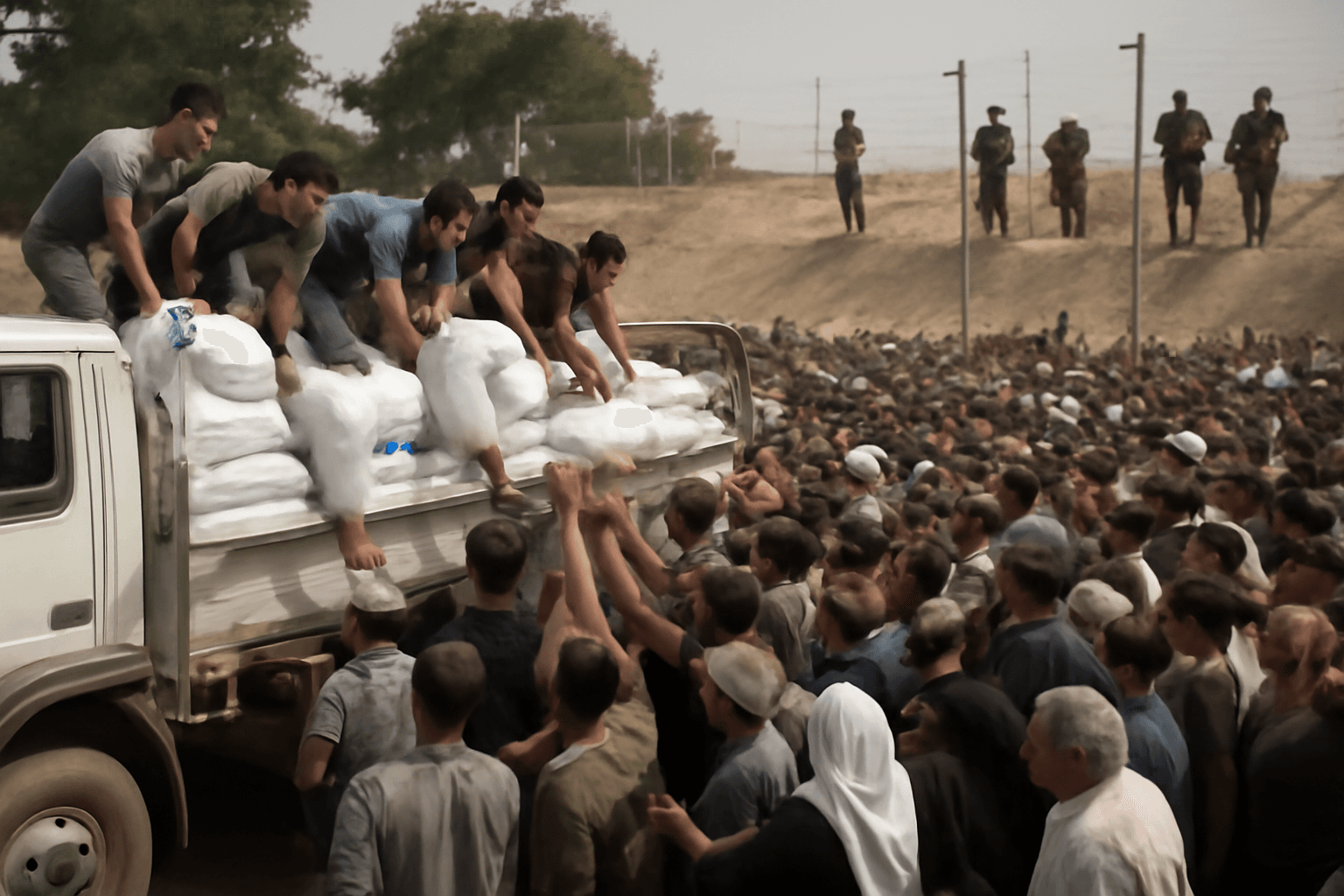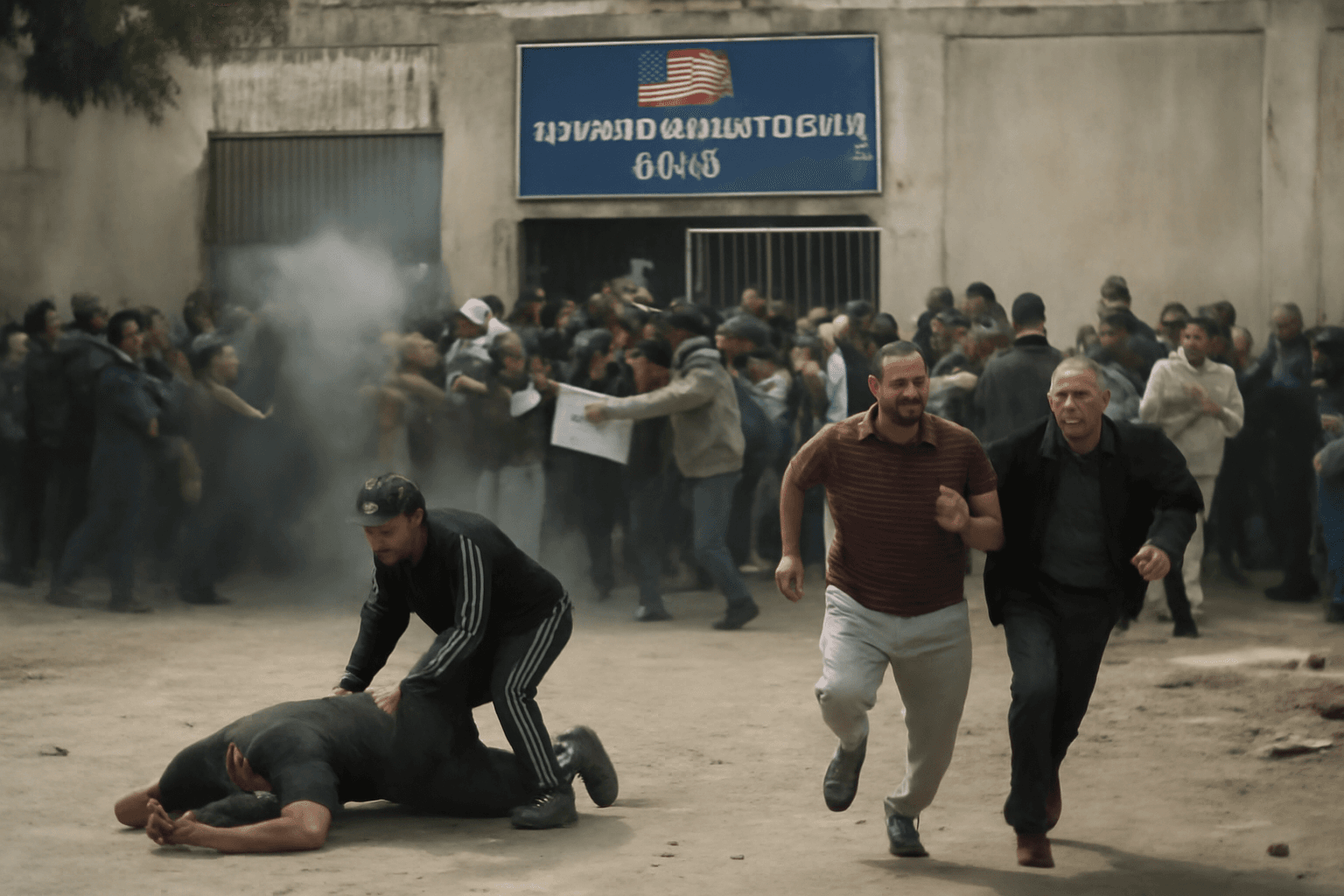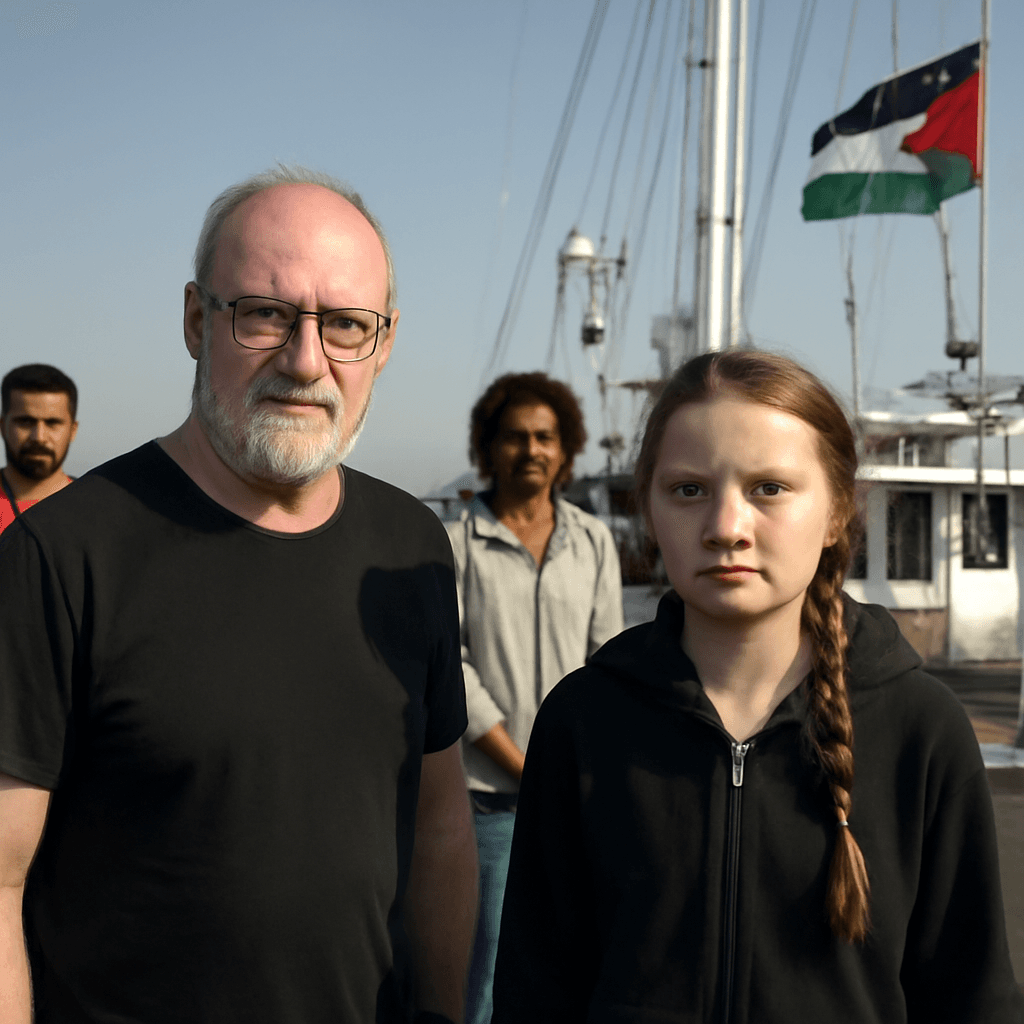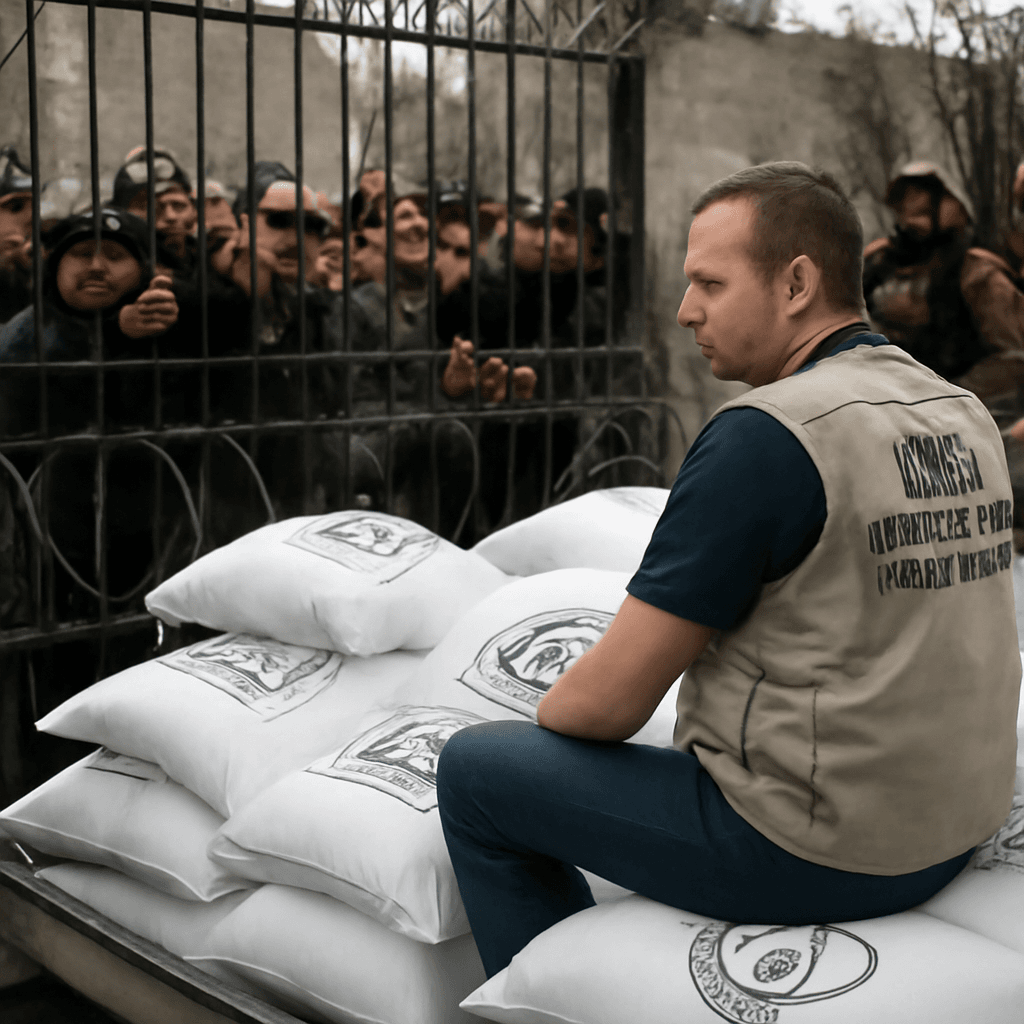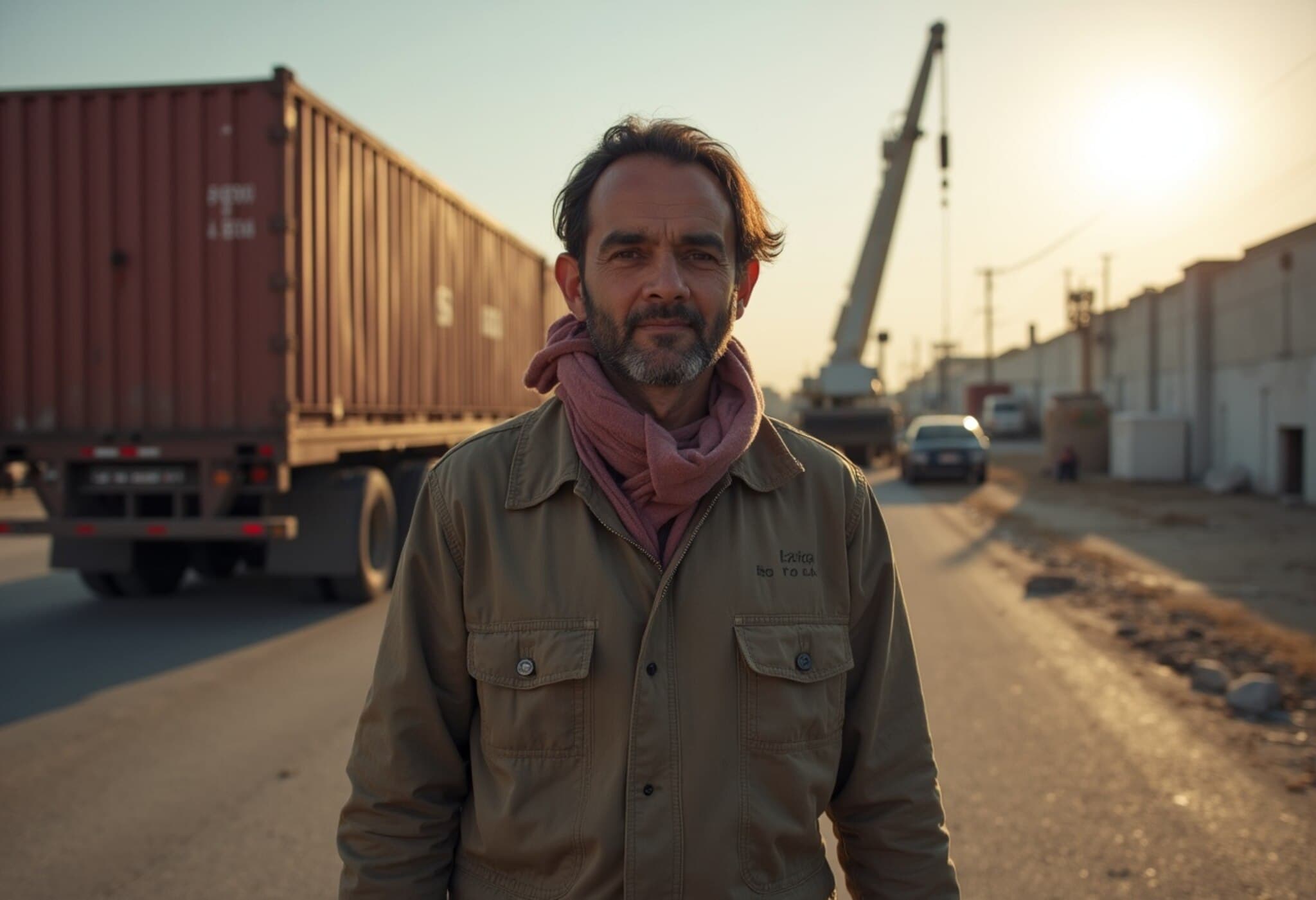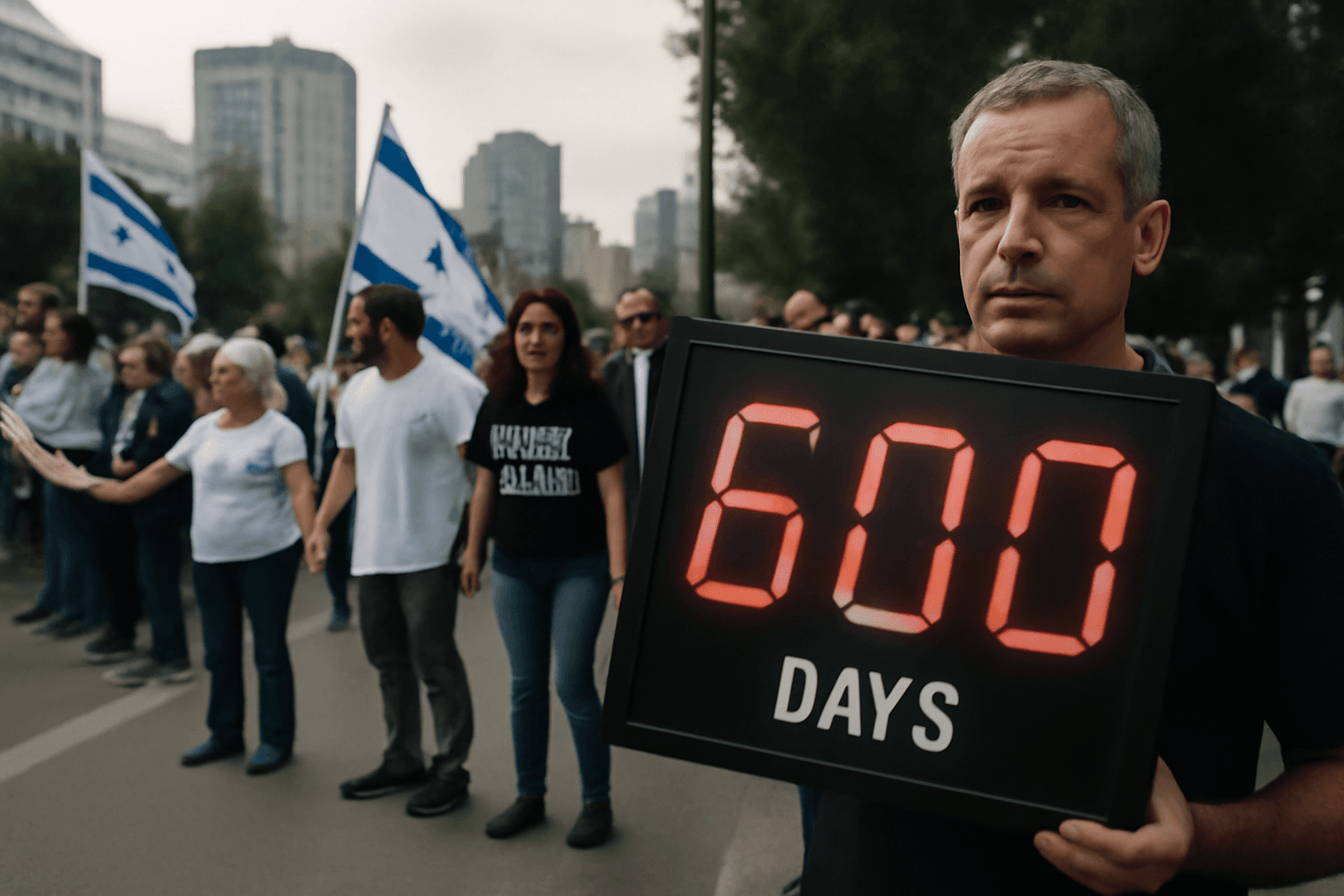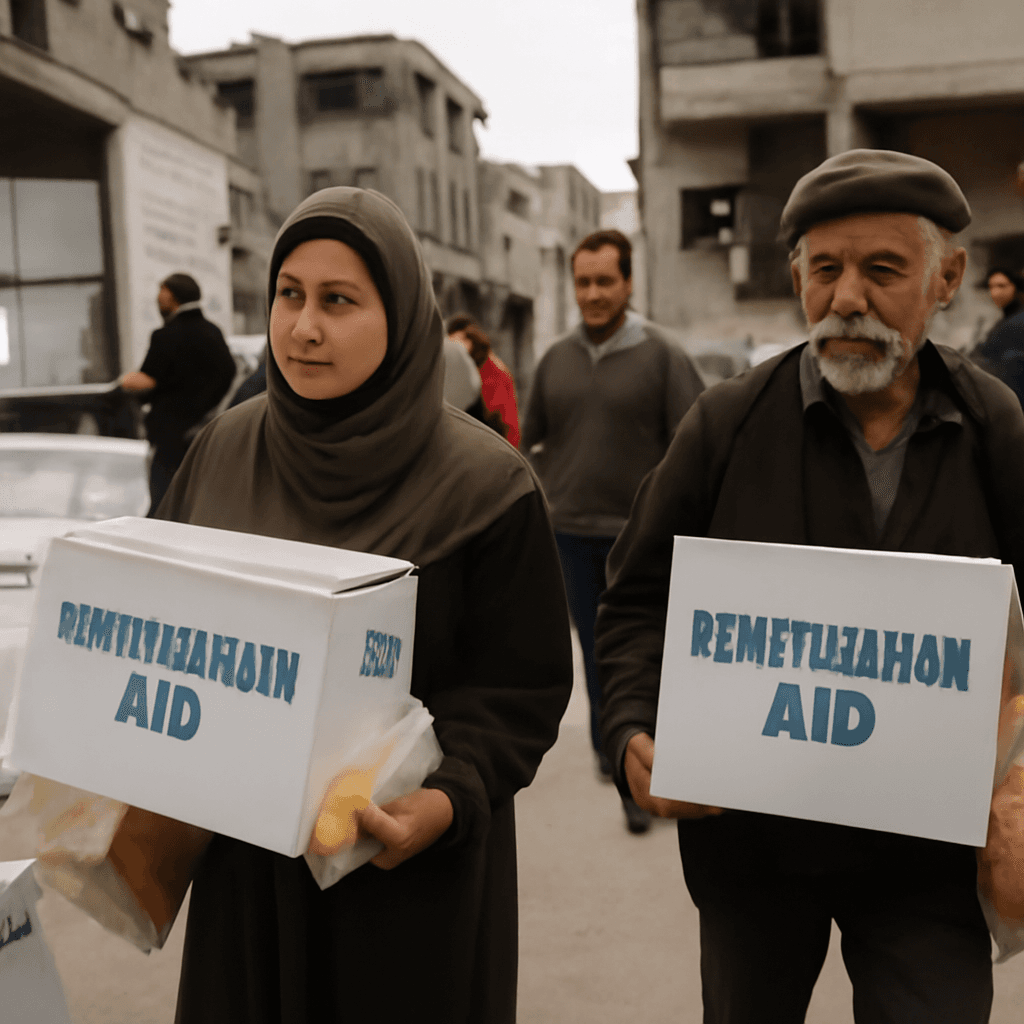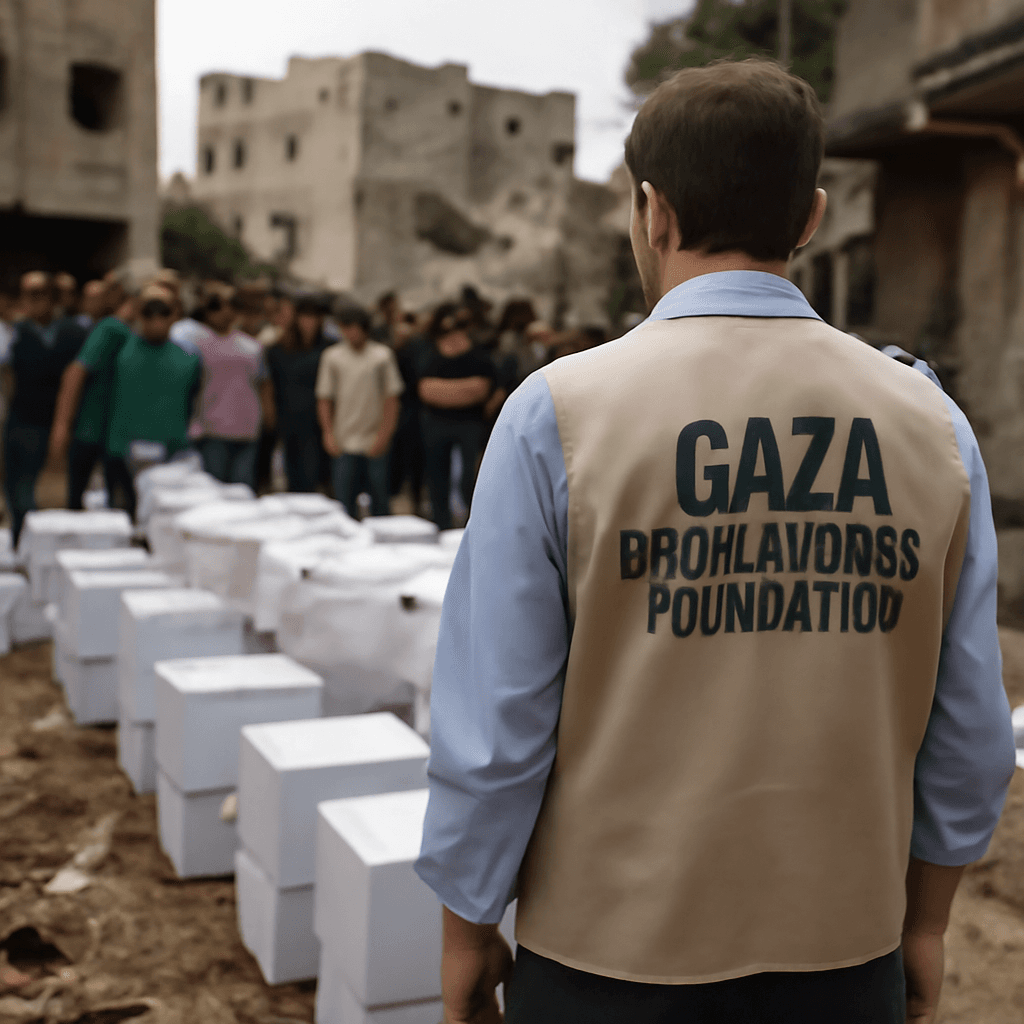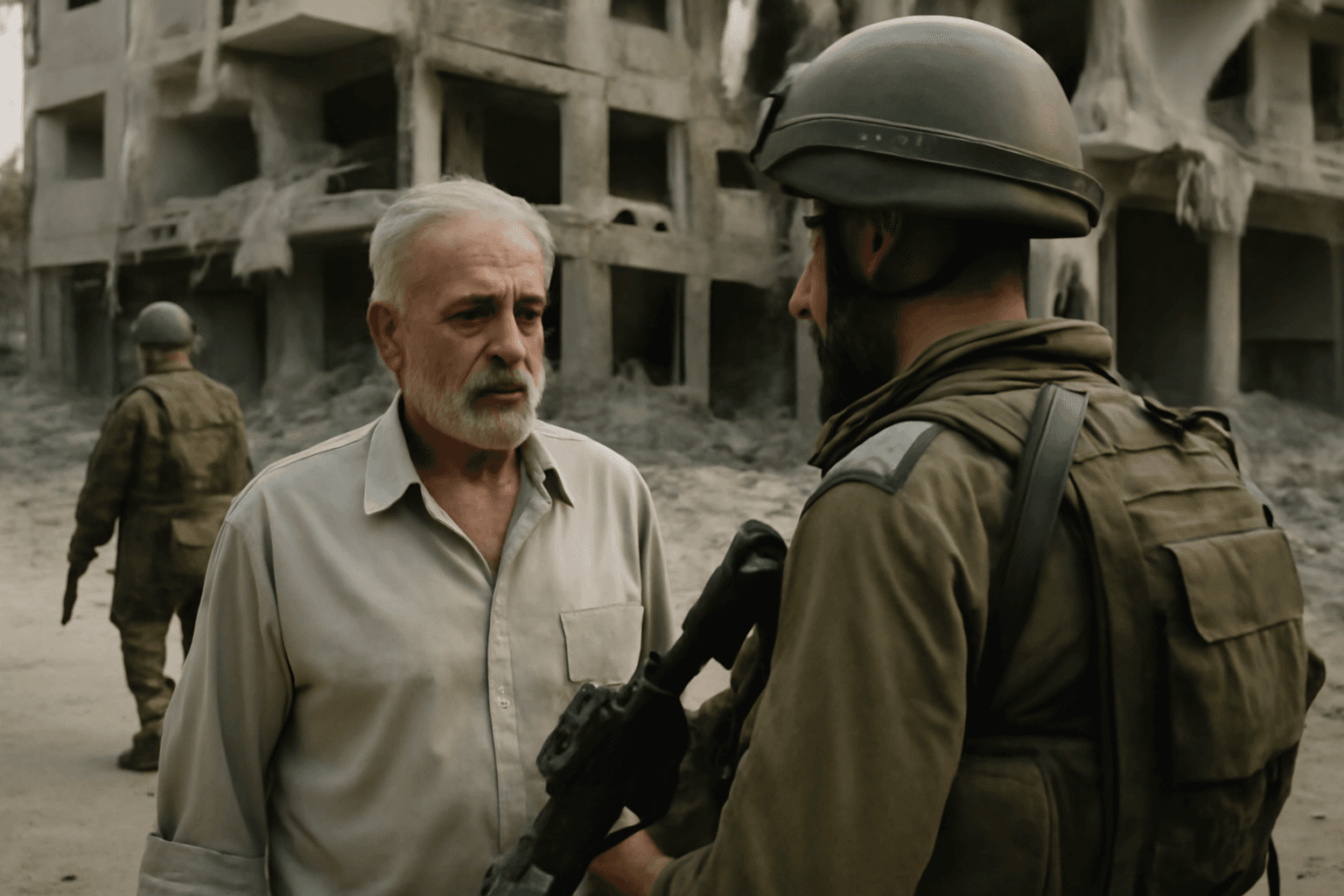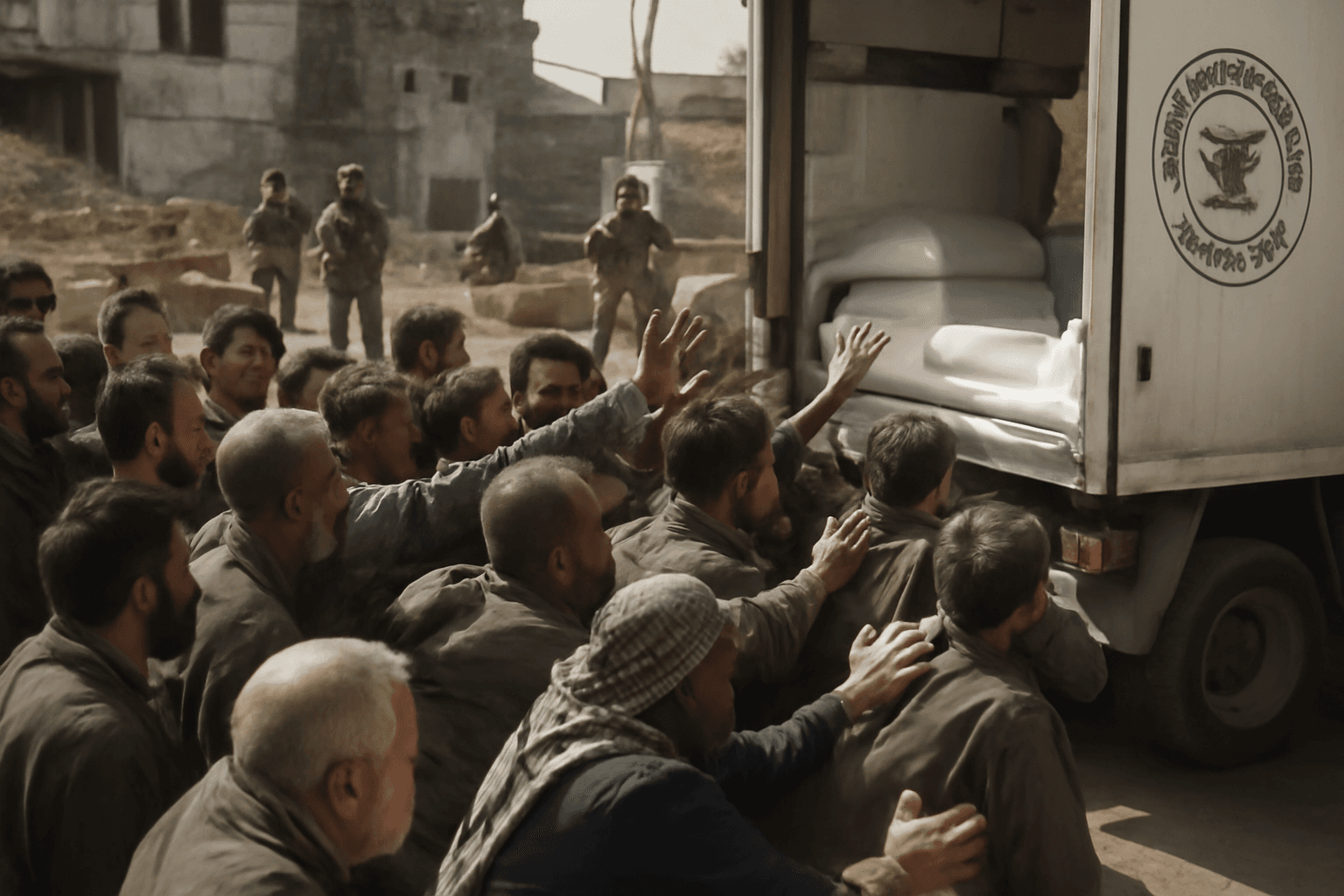The Gaza Humanitarian Foundation (GHF) recently initiated large-scale aid distribution in Gaza, delivering approximately 8,000 food boxes, equivalent to 462,000 meals, amid an almost three-month Israeli blockade. However, the operation faced significant challenges as thousands of people crowded the distribution center in Rafah.
According to reports from AFP and Reuters, massive crowds rushed the aid distribution site, prompting security concerns. The Israeli military confirmed firing warning shots near the center but denied targeting the aid delivery point itself. Initial reports indicated no casualties from the incident. GHF stated that its team temporarily restricted access to ensure the safe distribution of aid before resuming normal operations. The group also attributed delays to blockades imposed by Hamas.
Meanwhile, the Hamas-run media office labeled Israel's new aid efforts as a failure. The United Nations expressed deep concern over the situation. UN Secretary-General Antonio Guterres's spokesman, Stephane Dujarric, described the images of crowds at the aid center as "heartbreaking," emphasizing the urgent need for effective aid delivery.
The United Nations Office for the Coordination of Humanitarian Affairs (OCHA) criticized the GHF's operational model. OCHA spokesperson Jens Laerke questioned the political affiliations and transparency of the organization, urging for the full reopening of all Gaza crossings to facilitate unimpeded aid deliveries. Laerke dismissed the current selective aid approval process as insufficient and misaligned with humanitarian needs.
Israel defends its stringent screening measures, asserting they are necessary to prevent aid diversion by Hamas. However, the World Food Program director reported no evidence of such diversion. The UN calls for collaborative efforts and the removal of restrictions to ensure aid reaches all civilians in need promptly and safely.

